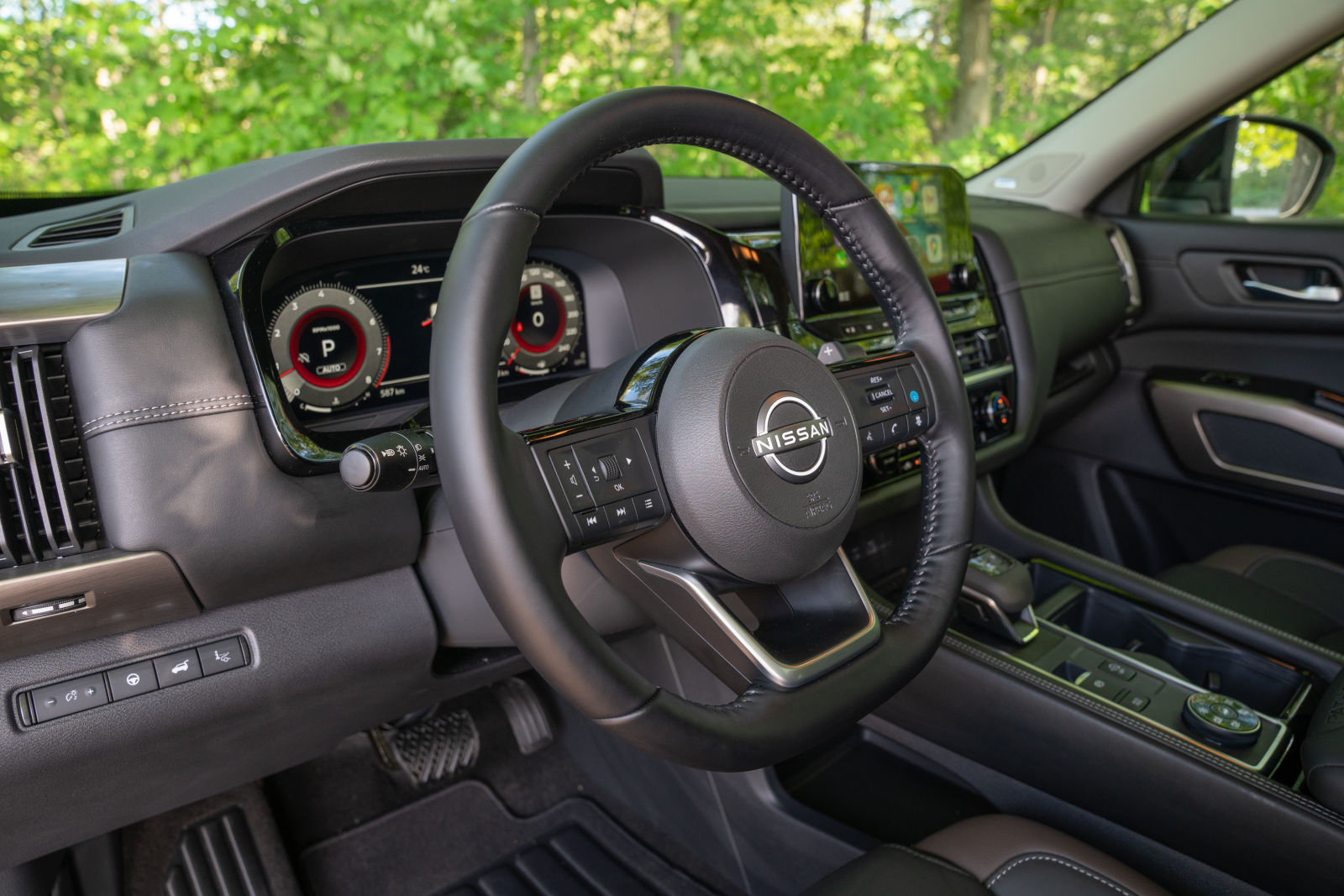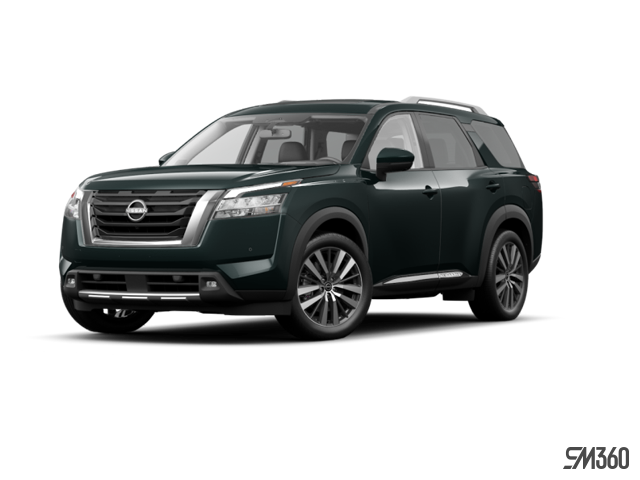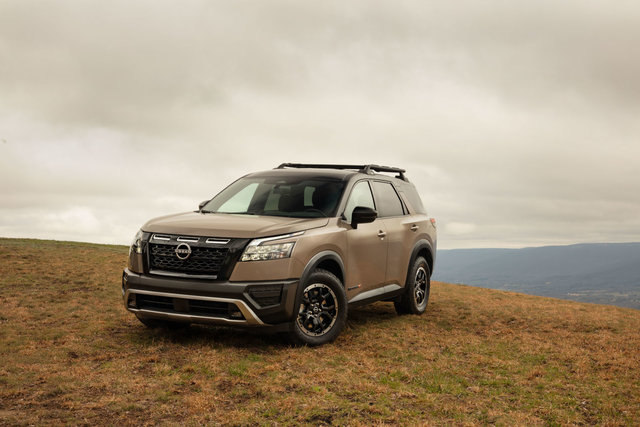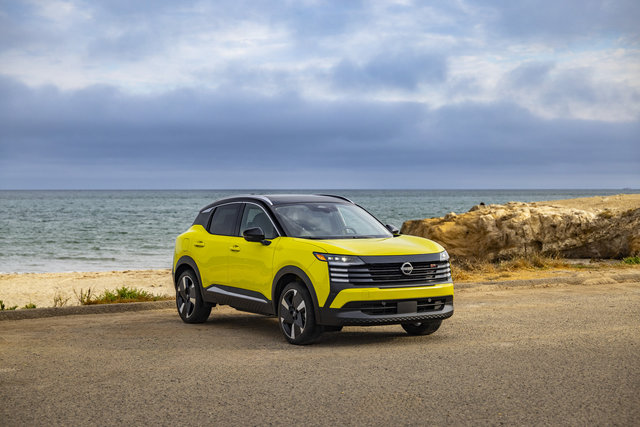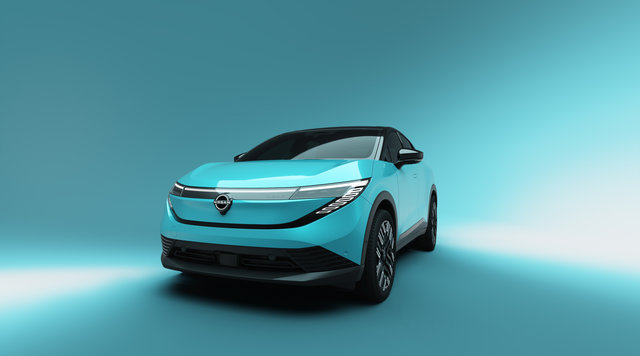Nissan broadens access to advanced driver assistance across five key models for 2025, introducing enhanced versions of ProPILOT technology that transform highway driving experiences. This expansion marks a significant step in making sophisticated driving aids accessible throughout multiple vehicle segments while maintaining Nissan's driver-focused philosophy.
The latest generation of ProPILOT systems builds upon years of development since its 2018 debut, with each version adding capabilities designed to reduce driver fatigue and increase confidence behind the wheel. From entry-level assistance to hands-free highway driving, the 2025 lineup offers multiple tiers of this technology.
Four Distinct ProPILOT Systems Now Available
The 2025 Nissan vehicle range features four progressively advanced versions of ProPILOT technology:
ProPILOT Assist 1.1 serves as the foundation system, combining Intelligent Cruise Control with Lane Centering Assistance and stop-and-go functionality. This initial version handles the basics of maintaining speed, distance, and lane position during highway driving.
Moving up, ProPILOT Assist with Navi-link connects with your navigation system to anticipate the road ahead. This version adds Speed Adjust by Route to automatically slow for curves and off-ramps, plus Speed Limit Assist to match posted speed limits - creating a more natural, predictive driving experience.
For ARIYA drivers, ProPILOT 2.0 enables hands-off single-lane highway driving on compatible roads, along with hands-on guided lane changes. This system represents a substantial leap forward in driver assistance capability within the Nissan lineup.
At the top tier, ProPILOT 2.1 debuts on the 2025 Rogue SL and Platinum grades. This latest evolution adds Google built-in integration, allowing access to Google Maps with real-time traffic data and Google Assistant voice commands while using the driver assistance features.
Model-Specific Implementation Across the Lineup
Nissan has strategically integrated ProPILOT technology throughout its 2025 vehicle range, tailoring each implementation to match the character and purpose of individual models:
The redesigned 2025 Rogue showcases ProPILOT Assist with Navi-link on select trims, with premium grades receiving the latest 2.1 system. As Nissan's popular crossover, the Rogue demonstrates how this technology enhances everyday family driving.
The all-electric ARIYA leads with ProPILOT 2.0, positioning the EV crossover as Nissan's technology flagship. This advanced system complements the ARIYA's forward-looking electric powertrain and premium interior appointments.
The rugged 2025 Pathfinder offers ProPILOT Assist, adding an extra dimension of on-road confidence to balance its off-road capability. This implementation demonstrates how driver assistance technology complements vehicles designed for adventure.
For urban commuters, the 2025 LEAF electric vehicle and 2025 Altima sedan both feature ProPILOT Assist, making daily drives less taxing. These implementations focus on reducing the mental workload associated with city and highway commuting.
Engineering Considerations Behind ProPILOT Expansion
Developing these varied ProPILOT systems required extensive testing across diverse driving conditions. Each version utilizes a combination of cameras and radar sensors calibrated specifically for its host vehicle's dynamics and intended use cases.
The front-facing camera mounted near the rearview mirror identifies lane markings and road signs, while radar sensors monitor surrounding traffic. Advanced processors interpret this data in real-time to provide appropriate steering, acceleration, and braking assistance.
Nissan engineers focused particularly on creating natural-feeling interventions that support rather than override the driver. The systems apply subtle steering inputs and smooth speed adjustments that feel like an extension of your own driving rather than a separate system taking control.
Safety Remains the Core Priority
Throughout all ProPILOT versions, Nissan maintains comprehensive safety protocols. Even the most advanced 2.1 system includes multiple driver attention monitors and requires awareness of surrounding traffic conditions.
If the system detects you've removed your hands from the wheel for too long (in versions requiring hands-on operation), it provides escalating alerts beginning with visual warnings, then audible alarms, and ultimately a controlled deceleration if no response is detected.
For ProPILOT 2.0 and 2.1 systems offering hands-free capability, sophisticated driver monitoring ensures you remain engaged with the driving task even when not physically contacting the steering wheel.
These safeguards reflect Nissan's philosophy that driver assistance technology should enhance safety rather than encourage distraction or overreliance on automation.
Real-World Applications and Limitations
ProPILOT technology delivers its greatest benefits in specific driving scenarios: highway cruising, traffic congestion, and long-distance travel. The system reduces the mental load associated with maintaining lane position and adjusting speed during extended drives.
Weather conditions and road infrastructure affect performance across all versions. Heavy rain reduces camera visibility, while snow or ice buildup can impact radar sensors. Similarly, faded lane markings, construction zones, or unusual road configurations might require full manual control.
Understanding these boundaries helps set appropriate expectations. ProPILOT functions as a sophisticated driving partner rather than an autonomous replacement - excelling at reducing workload during routine driving while leaving you firmly in control.
The Future Direction of Nissan Assistance Systems
The progressive deployment of ProPILOT across the 2025 lineup hints at Nissan's longer-term strategy for driver assistance technology. The company continues refining these systems based on real-world usage data while exploring additional capabilities for future model years.
This approach aligns with Nissan's stated philosophy of designing vehicles around the driver, with technology that supports rather than replaces the driving experience. Each ProPILOT advancement maintains this human-centered focus while adding capabilities that address common pain points in daily driving.
Take the wheel of a 2025 Nissan at Orangeville Nissan and feel how ProPILOT technology transforms your relationship with the road. From rush hour traffic to open highways, these intelligent systems help turn stressful drives into confident journeys where you arrive feeling refreshed rather than depleted.

